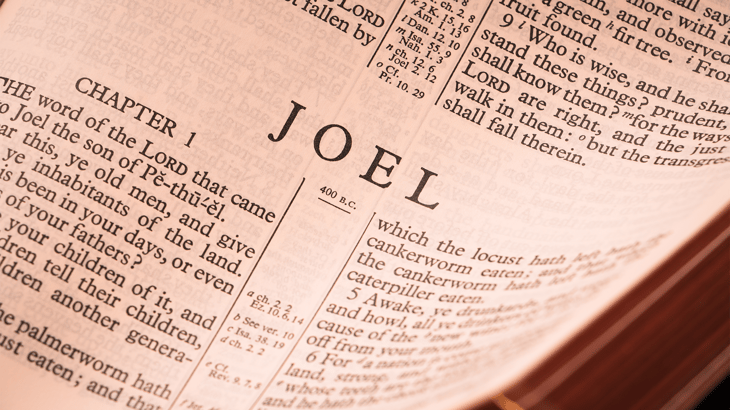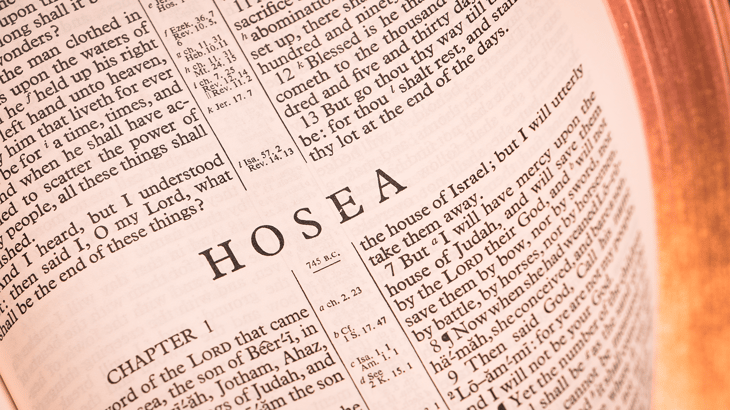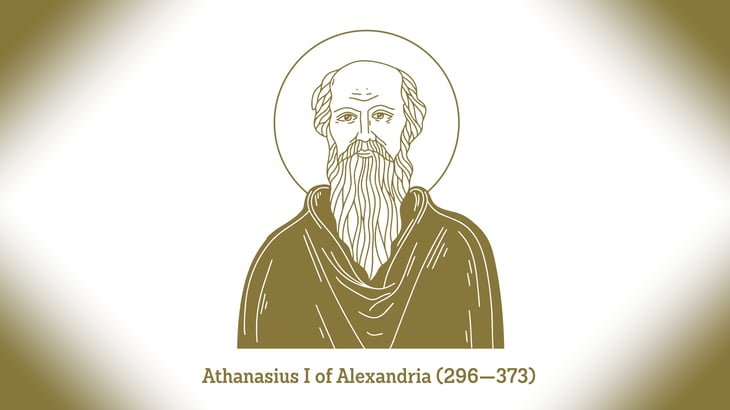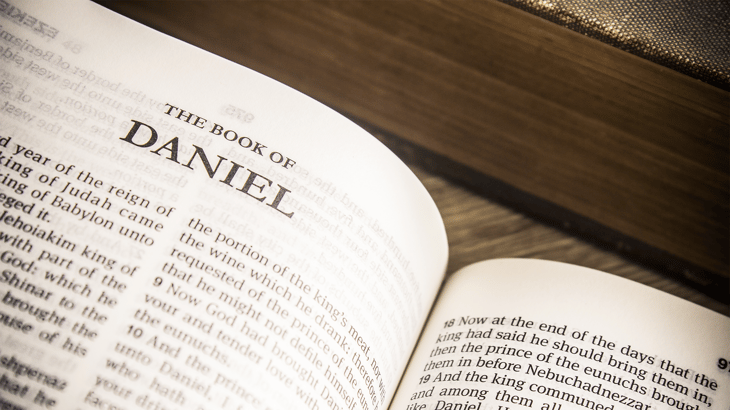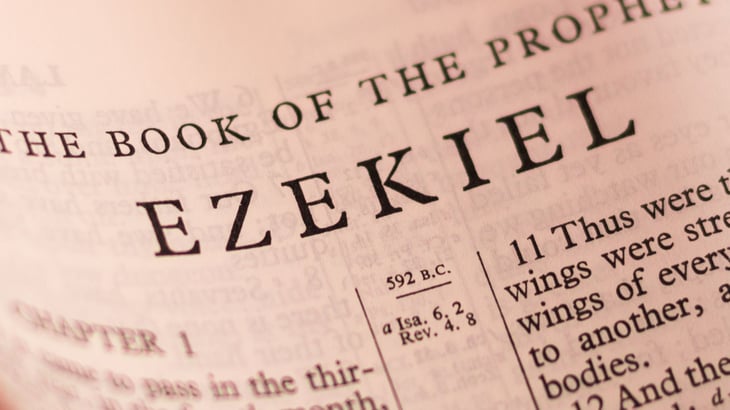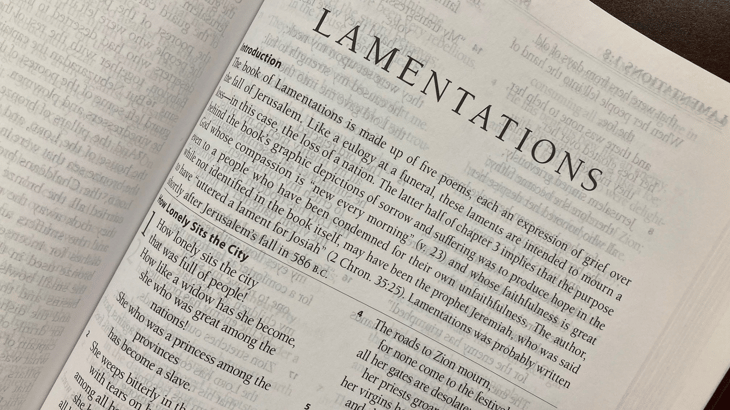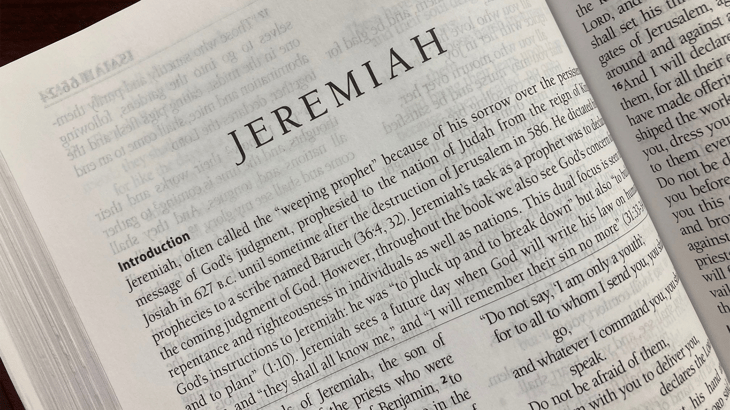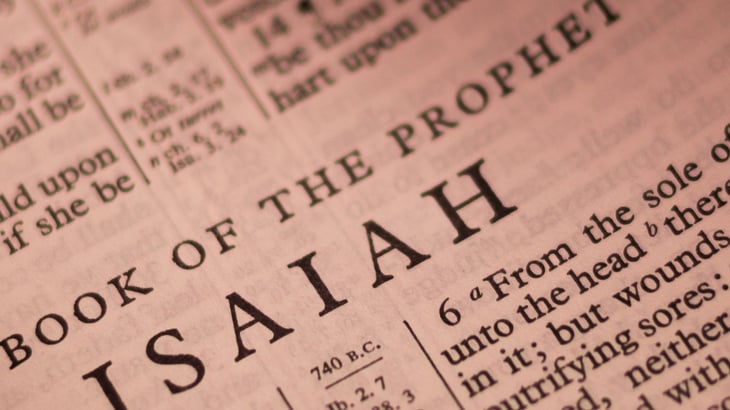Recent Posts by Concordia Publishing House
Joel: An Overview
The time period in which the book of Joel was written is debated amongst scholars, much like the time periods of other prophets. What scholars can agree on is the genre, characters, and narrative of Joel and what it means. The following is an excerpt from The Lutheran Bible Companion.
Understanding Hosea's Marriage to Gomer
The Lord and Israel are major characters in the Book of Hosea, but the drama of their relationship is acted out in the persons of Hosea and his unfaithful wife, Gomer. She bore him three children: two sons and a daughter. Hosea gave the children symbolic names that illustrated God’s attitude toward Israel’s present and future: Jezreel (“God sows” punishment), Lo-Ruhamah (“No Mercy”), and Lo-Ammi (“Not My People”). Read on to see what The Lutheran Bible Companion says about Hosea.
Athanasius on John 10:30
Given the high status the Gospel of John gives to Jesus, it is not surprising that certain passages from this Gospel would play important roles when questions arose concerning Jesus’ precise relation to the one God of Israel. In an adapted excerpt from the second volume in the Concordia Commentary series on the Gospel of John, read about the classic interpretation to John 10:30.
Shedding Light on Themes in Daniel
Daniel is best known for the story of the fiery furnace and the lion's den, but he is known amongst scholars for different reasons. Putting aside differences in receiving the text, here are three themes that scholars agree are accurate. Read on to see an excerpt from The Lutheran Bible Companion on themes in the book of Daniel.
Ezekiel: An Overview
Applying Ezekiel to one's own life can be a difficult process. The following chapter-by-chapter breakdown of Ezekiel from The Lutheran Bible Companion helps the reader apply knowledge from the prophet to their own lives.
Understanding the Book of Lamentations
The Book of Lamentations is often skipped over. But it reveals a lot about God’s love and faithfulness. The following was adapted from the Lutheran Bible Companion, Volume 1: Introduction and Old Testament.
What Is Eternal Life?
Theologians throughout the ages have had many theories and thoughts on eternal life. In this excerpt from On Eternal Life, read Johann Gerhard’s thoughts on the matter of heaven and eternal life.
An Overview of Jeremiah
We have a lot to learn from Jeremiah and his mixture of Law, Gospel, and doctrine. The prophet, best known for his extreme demonstrations, gives abounding examples of God's correction, highlighting His mercy and grace. The following is an excerpt on themes in Jeremiah from The Lutheran Bible Companion.
Why Did God Harden Pharaoh’s Heart?
When studying Exodus, we may ask: “Why did God harden Pharaoh’s heart?” Read what Martin Luther said about this difficult question in the post below.
An Overview of Isaiah
Isaiah wrote to warn the people of Judah to repent so that they might escape God’s judgment, poured out through the Assyrians. However, the range of his prophecies of judgment spread in all directions to include virtually all nations known to ancient Israel and, indeed, all people throughout the world. The universal scope of judgment in Isaiah’s prophecies is complemented with the good news of Zion’s redemption, which also becomes the means of salvation for all people.

